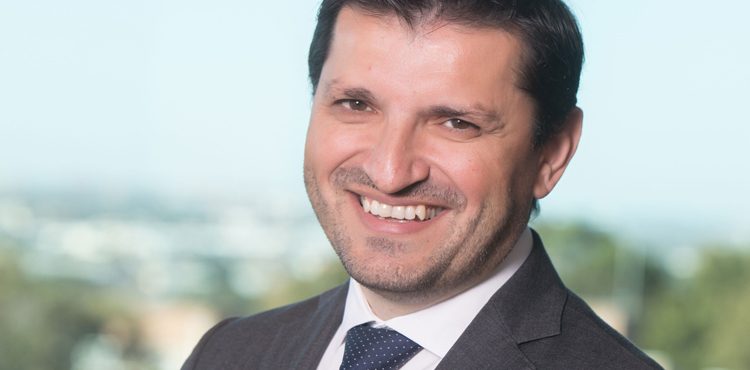Professor Vlado Perkovic, Executive Director of The George Institute, Australia, takes on the role of President of The Association of Australian Medical Research Institutes (AAMRI).
Professor Perkovic was formally appointed as President of AAMRI on 27th November 2018, taking over from Professor Tony Cunningham AO, Executive Director of The Westmead Institute for Medical Research, who was in the role for two years.
“In Australia, we are fortunate to have a wealth of research talent, strong infrastructure and an array of forward-thinkers, which combine to ensure that we are delivering the best health outcomes for individuals and communities,” said Professor Perkovic.
“I’ve spent my entire career working towards achieving longer and healthier lives, for people here in Australia and globally. Working with AAMRI, I’m looking forward to ensuring Australia’s investment in health through the NHMRC, MRFF and other programmes leads to better outcomes for all Australians. I am also proud of our international status as a research leader, and am committed to ensuring we continue to grow our contribution.” he said.
Professor Robyn Norton AO, Principal Director of The George Institute, says it is fantastic recognition of Vlado’s expertise and reputation, both nationally and internationally, for driving research that delivers maximum impact for people in Australia and around the world. “I am sure Vlado will play a critical role in ensuring that Australia’s MRIs continue to produce world class and translational research. He is a great leader and will be instrumental in retaining and inspiring our very best researchers. I am sure that everyone at The George will join me in congratulating Vlado.”
Professor Perkovic said he was excited and honored to be taking on the new role. "It's essential that we support priority-driven research that meets the needs of Australians both now and in the future. This can only be achieved by delivering the highest quality research. In Australia, we are fortunate to have a wealth of research talent. It's vital that we nurture and support researchers by delivering clear career pathways across the spectrum and ensure that funding covers every aspect of their research."
As well as his position at The George Institute, Professor Perkovic is Professor of Medicine at UNSW Sydney, and Staff Specialist in Nephrology at the Royal North Shore Hospital.
He leads several international clinical trials and has been involved in developing Australian and global treatment guidelines. He has played a central role in the development of an affordable dialysis system, which was a Eureka Prize finalist in 2017.




